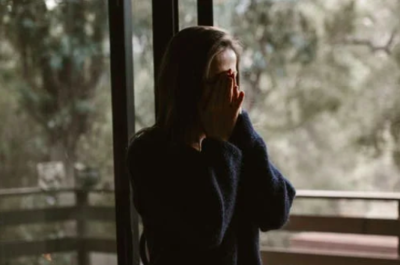Can someone take your picture without your permission?
Camera phones have served as fun and convenience devices. These picture-taking tools enable unplanned photo opportunities rather than carrying a heavy digital camera in your bag or back pocket. You can only imagine the market for these handy small cameras given that practically everyone has found themselves in a scenario where they wished they had a camera. Now, you can use your camera phone to capture every moment of your journey.
However, camera phones aren’t always a good thing, despite their ease. Since cameras are now so covert, they are employed for more than just candid photos. As a result, there is a growing list of locations where camera phones are not permitted.
Can someone take your picture without your permission?
Students are using camera phones to cheat and photograph exams, so schools have banned them. To safeguard undercover police officers who can be photographed while testifying, courtrooms have banned them. Companies including General Motors, Intel, and Lockheed Martin have also decided against camera phones. Such firms worry about staff engaging in James Bond-style espionage, where they may snap pictures of secret papers and sell them to other parties. It only gets worse.
The downside of camera phones
A new voyeurism era has arrived, thanks to cell phones with cameras. In gyms, department store changing rooms, locker rooms, and tanning clinics, camera phones are being used to watch the unwary undress.
Without their knowledge or consent, these folks are having their images taken. The fact that many of the illegal images are “up the skirt” or “down the shirt” shots, when the photographer carefully positions the camera, only serves to exacerbate the issue. The victim departs with no knowledge. On the internet, these images are frequently published. In reality, websites that allow for mobile blogging on a pornographic basis already exist. The photographs are virtually always used without the subject’s consent.
What is the Video Voyeurism Prevention Act?
According to the Video Voyeurism Prevention Act, it is illegal to take pictures or record naked people without their consent in places like tanning beds, changing rooms, gyms, and other places where people have a “reasonable expectation of privacy.” Infringers risk penalties of up to $100,000 and/or a year in jail.
Can someone take your picture without your permission?
However, this does not always imply that taking your picture without your consent is criminal. For instance, regardless of how violated you may feel, if you’re simply strolling down the street and someone takes a picture, they are well within their rights. But it’s against the law if someone takes your photo when you’re at the gym getting ready to shower without your consent. This regulation applies to digital cameras, camcorders, cameras, and other devices as well, not only camera phones.
Hopefully, this will give you a bit more confidence to use the changing room in the department shop. Although there is a law, it might be difficult to enforce it. You must first be aware that your photo is being taken. The individual snapping the picture may be pretending to be on the phone or engaged in another activity. This implies that you must be certain that your privacy is being invaded. Even if you aren’t aware that you are being photographed, the image may nonetheless appear online. You won’t know unless you chance to stumble across it. Finding the photographer might not be simple, but even if you do, you can still do something about it.
The purpose of camera phones is to make it simple to capture and share spontaneous images with friends and family. There is nothing improper about that. But individuals must approach cautiously, just as with everything. Always ask for permission before taking someone’s photo, and make an effort to pay attention to your surroundings. You have the right to ask someone to cease taking photos of you if you notice them doing so without your consent. Call the police if someone is snapping your photo while you are nude. You’re not only ensuring your rights are protected, but you’re also making the changing area a bit safer for everyone else.

